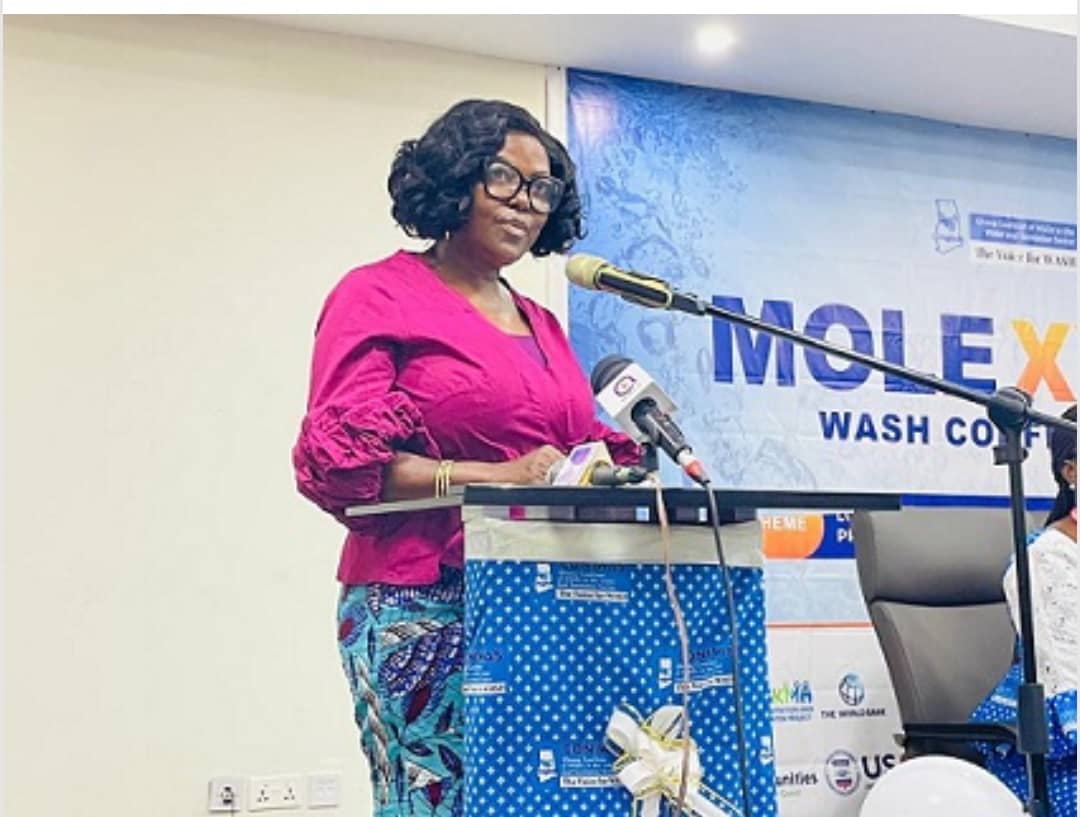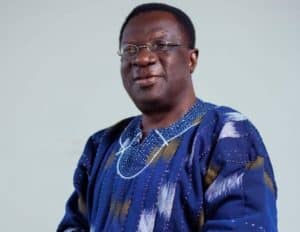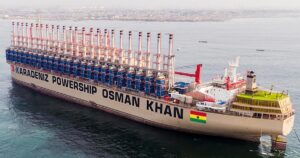The Minister of Sanitation and Water Resources, Lydia Seyram Alhassan, has called for an end to political finger-pointing and urged all Ghanaians to unite in the fight against illegal mining, also known as galamsey, which is ravaging the country’s water bodies, forest reserves, and farmlands.
Speaking at the 35th Mole Water, Sanitation, and Hygiene (WASH) Conference in Ho, the Minister emphasized that the environmental crisis Ghana faces is a national problem, not a political one. “This is not the time for blame games. We need a unified front that includes all stakeholders—government, opposition parties, traditional leaders, civil society, and religious bodies—to address this urgent issue,” she said.
Alhassan warned that future generations would judge the country harshly if immediate, collective action is not taken to protect natural resources. “Posterity will not forgive us if we allow our water bodies and forests to be destroyed while we stand divided,” she remarked.
The Mole WASH conference, a major event that brings together over 300 stakeholders from various sectors, serves as a platform to assess Ghana’s progress toward achieving Sustainable Development Goal 6 (SDG 6) on clean water and sanitation. This year’s theme centers on evaluating the nation’s efforts in water and sanitation management and identifying challenges that hinder progress.
In her address, the Minister praised the contributions of experts and organizations in the WASH sector, acknowledging their efforts to advance national development goals through strategic policies like the Ghana Water Sector Development Programme (2021-2030) and the National Water Policy. “Your dedication and expertise have been pivotal in shaping our progress. As we continue to strive for the SDGs, let this conference serve as a springboard for impactful action,” she added.
She further noted that the journey to achieving universal access to safe water and sanitation requires not just commitment but innovative solutions, especially in light of climate change. Alhassan emphasized the need for public-private partnerships and international support to fill the financial gaps in the WASH sector. “We must explore all avenues, including private sector funding, to meet our ambitious goals,” she urged.
Togbe Tepre Hodo IV, Paramount Chief of the Anfoega Traditional Area and President of the Volta Regional House of Chiefs, who chaired the event, echoed the Minister’s sentiments. He stressed the importance of involving traditional authorities and grassroots organizations in efforts to protect the environment. “This is a crucial time for us to rethink how we manage our natural resources. Our water bodies are under threat, and the health of our people is at risk,” he cautioned.
The Mole WASH Conference, organized by the Coalition of NGOs in Water and Sanitation (CONIWAS) and supported by partners such as WaterAid Ghana, World Vision Ghana, and UNICEF, continues to be a key platform for collaboration and policy review in the WASH sector. As the conference progresses, participants are expected to develop actionable strategies to address environmental degradation and combat the impact of illegal mining on Ghana’s waterways.
By Samuel Asamoah






